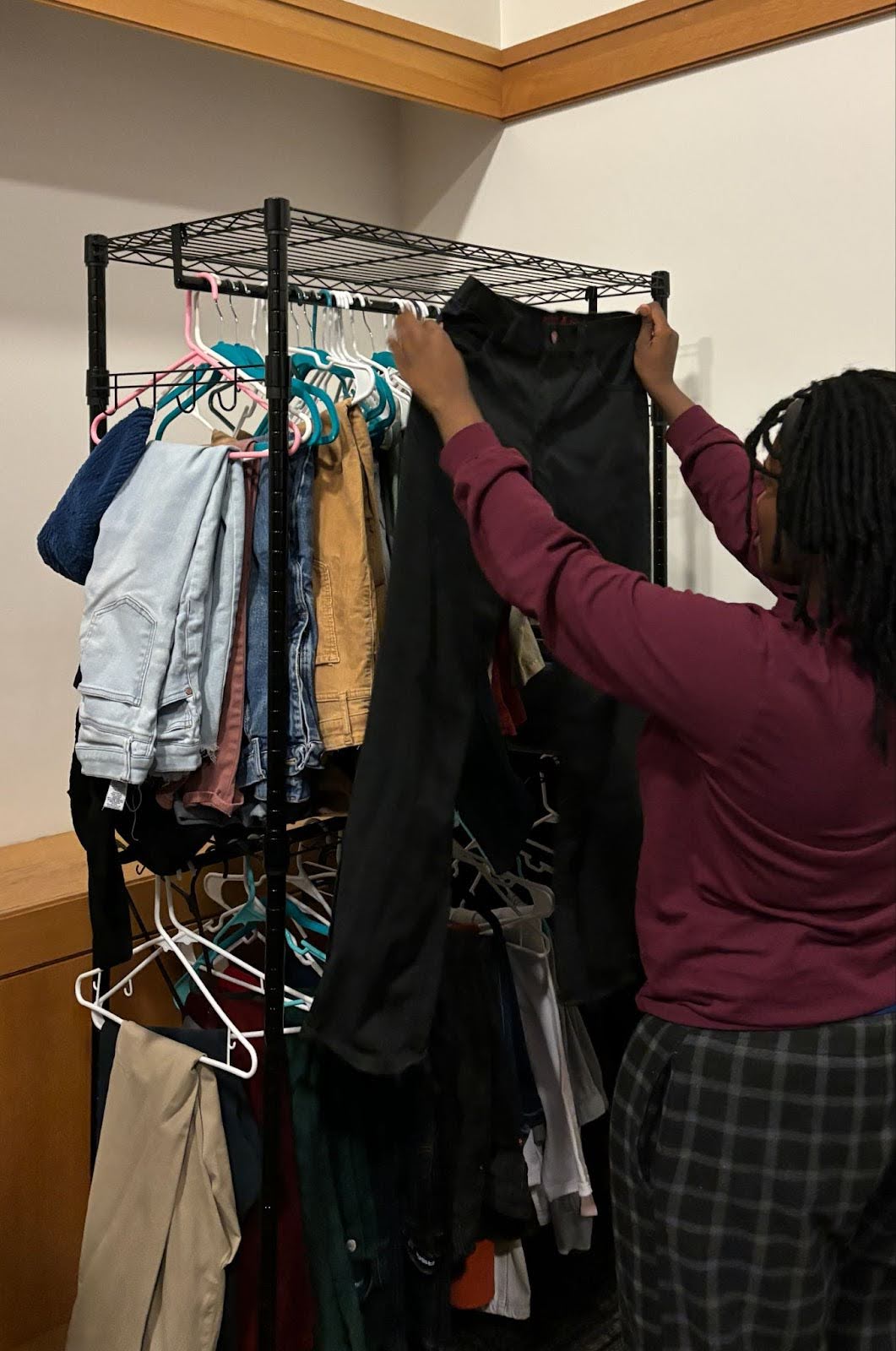
By Winston Zapet Bamac
Nov. 20 marked Transgender Day of Remembrance, a day to remind us of the trans lives lost to violence and discrimination. Transgender Day of Remembrance began as a vigil for Rita Hester, a black, trans woman who was killed in 1998. This annual observance is preceded by Transgender Awareness Week, where trans people and allies educate others on the lives and experiences of trans individuals. This week not only includes celebrating accomplishments and advocating for inclusive and protective policies, but also holds space to be present for and intentionally listen to trans people.
Heather White, a professor in the Gender and Queer Studies department, shared insight into the importance of centering trans voices and some of the recent action taken by the University of Puget Sound. White shared that 2015, her first year with the University, was the year the ‘Queer’ in Gender and Queer Studies was officially added to the department’s title. White added that 2015 “was also the year that they brought to campus Susan Stryker, who has been a really path breaking scholar of transgender history.” White also highlighted various speakers who have been invited to campus such as Dean Spade, a trans scholar and author who writes about critical trans politics, and Max Strassfeld, a trans scholar who studies the non-binary gender categories within the Jewish Talmud.
For White, action also takes place in the classroom. “In my courses it’s been really key to center trans experiences of gender as a way to understand gender,” White shared. She expanded on the breadth of knowledge available by including and centering trans voices, specifically pointing out the book “Trans Like Me” by C.N. Lester and highlighting an essay that asks readers “What about sex?” “What that essay does is work to make sense of the relationship between sex and gender for everybody, with attention to how trans people’s experience can illuminate what is the relationship between something that is often thought of as fixed in terms of biology and malleable in terms of gender or culture,” White explained.
Celebrating the work being done for trans rights is essential, but it is also important to acknowledge hurt and grieving among the trans community, which is often targeted. “Right now is a really hard time to ask a question of what to celebrate, because there’s been so much in the wake of the recent election that has trans people rightfully frightened about what kinds of policies are going to be part of the Trump administration’s agenda,” White said. As it stands, the rights of marginalized communities, especially trans people, are at risk, making supportive action for our vulnerable populations even more pertinent.
Two students, with support from the University of Puget Sound’s Office of Institutional Equity and Diversity, did just that. Micah Viglione (‘27) and Sarah Cowan (‘27) organized a Gender Queer Clothing Swap to provide trans and genderqueer students with a welcoming space. ”Our event makes people, genderqueer people, on campus feel more cared for and gives them more resources,” Viglione said. Cowan added, “I think the visibility of this event is also important in just making sure that trans and genderqueer students know that they are seen on campus and that they are not sort of, you know, in the shadows of what’s going on.” The Gender Queer Clothing Swap gave students an opportunity to select from student-donated clothing and be in community with other trans and genderqueer students and allies. The event was well attended and Cowan and Viglione rejoiced in its success. When asked about the motivation for putting on the event, Viglione shared, “It’s just a good event for establishing unity.”
One component to the event’s success was the support from allies, or non-trans individuals who wish to support trans people. Support from allies has the potential to create a large impact and supplement existing efforts such as what Cowan and Viglione experienced for their event; but allyship can be overbearing when done incorrectly. When asked about what good allyship looks like, Cowan shared, “Stop sending me news articles about whenever a bad thing happens to trans people … I already know and it makes me sad and it does not help me.” Cowan acknowledged that while people are well-intended, they ultimately contribute to emotional labor. Shirreka Mackay, a member of the Office of Institutional Equity and Diversity, agreed with Cowan. She shared, “I think that any time when we’re talking about being an ally, it’s knowing who we are benefiting in a way that is supporting and beneficial to them, versus it being our own agenda and just wanting to help.” Viglione gave specific examples of allyship, explaining that “For this event in particular, if you want to be an ally, and you have extra clothes that you’ve been meaning to get rid of, donating is wonderful. And people who do that, I cherish that. I cherish them.” Viglione and Cowan are working on the annual recurrence of their event and are hoping to meet a goal of at least two events per semester.
Progress towards better including trans lives on campus has taken place in recent years. From the change to the Gender and Queer Studies department’s name to inviting speakers like Susan Stryker to speak at the University; we are shifting towards greater inclusivity. That is not to say that there is no longer work to be done. Students like Cowan and Viglione identified a lack of community and space for trans people, so they created their own. As the semester reaches an end, let’s continue remembering the trans lives lost to violence and discrimination and carry on the effort to include trans voices into the next one.
